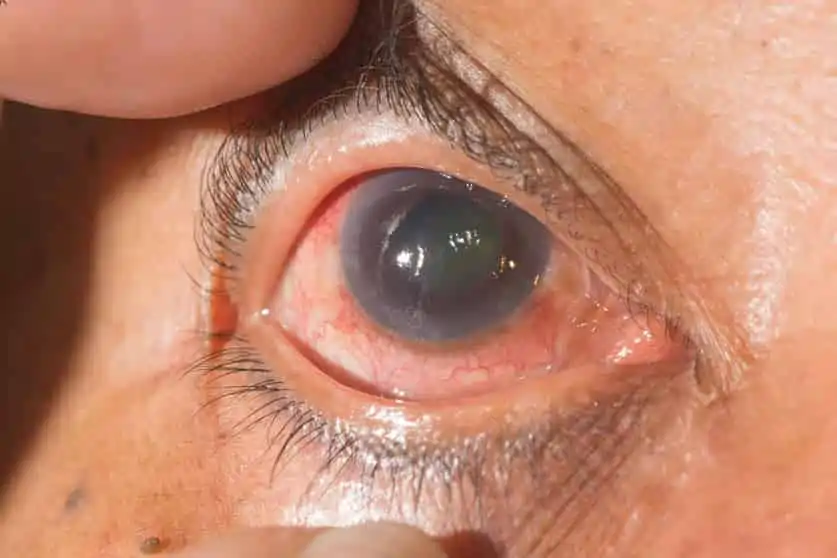Glaucoma and Eye Care from an Optometrist on Our Optometry Team
Glaucoma is an eye disease affecting many people. At Visionary Eye Center, we are dedicated to providing eye care for glaucoma patients. From initial diagnosis to treatment and management, we work to create a personalized plan to cater to each person's unique situation. We serve West Palm Beach, FL, Abacoa, FL, Port Saint Lucie, FL, Jupiter, FL, and Stuart, FL. Learn more about how we can help you with glaucoma.
What Is Glaucoma?
Glaucoma is a disease of the optic nerve. Treatment can slow the progression of the disease. Untreated glaucoma can eventually lead to blindness, so seeking treatment and intervention is imperative as soon as a diagnosis is made. Glaucoma can be caused by pressure in the eye that puts strain on the optic nerve. Symptoms of glaucoma can include blurry vision, eye pain, and seeing halos around light. An optometrist from our team can diagnose glaucoma after you receive an eye exam.
Treatment Options for Glaucoma
Luckily, we have a lot of options for glaucoma treatment. We will start with eye drop medication that helps keep the pressure in your eyes under control by reducing liquid production. We will provide you with all of your options for treating glaucoma at our office and we can even help introduce you to an ophthalmologist for eye surgery.
Managing Glaucoma
Although glaucoma is not curable, you can still live a normal life with it. One of the best methods to manage glaucoma is to have regular eye exams at one of our locations in Florida. We'll be able to monitor your symptoms and ensure your condition is not worsening. We might also recommend various lifestyle changes to complement our treatment at the office. These might include regular exercise, eating a healthy diet, and not smoking. If you need eye surgery, we can help put you in contact with an ophthalmologist.
Get Glaucoma Treatment from an Eye Doctor on Our Optometry Team
At Visionary Eye Center, we have the training to treat glaucoma patients throughout the state of Florida. We are an eye care center offering everything from routine checkups to glaucoma management. Contact one of our locations today to learn more about glaucoma, management, and to book an appointment with an eye doctor from our staff. We serve West Palm Beach, FL, Abacoa, FL, Port Saint Lucie, FL, and Stuart, FL. We are in Jupiter, FL, and have two locations. A (561) 250-0655 Jupiter Farm – West location and a (561) 429-8753 Military Trail – East location.


